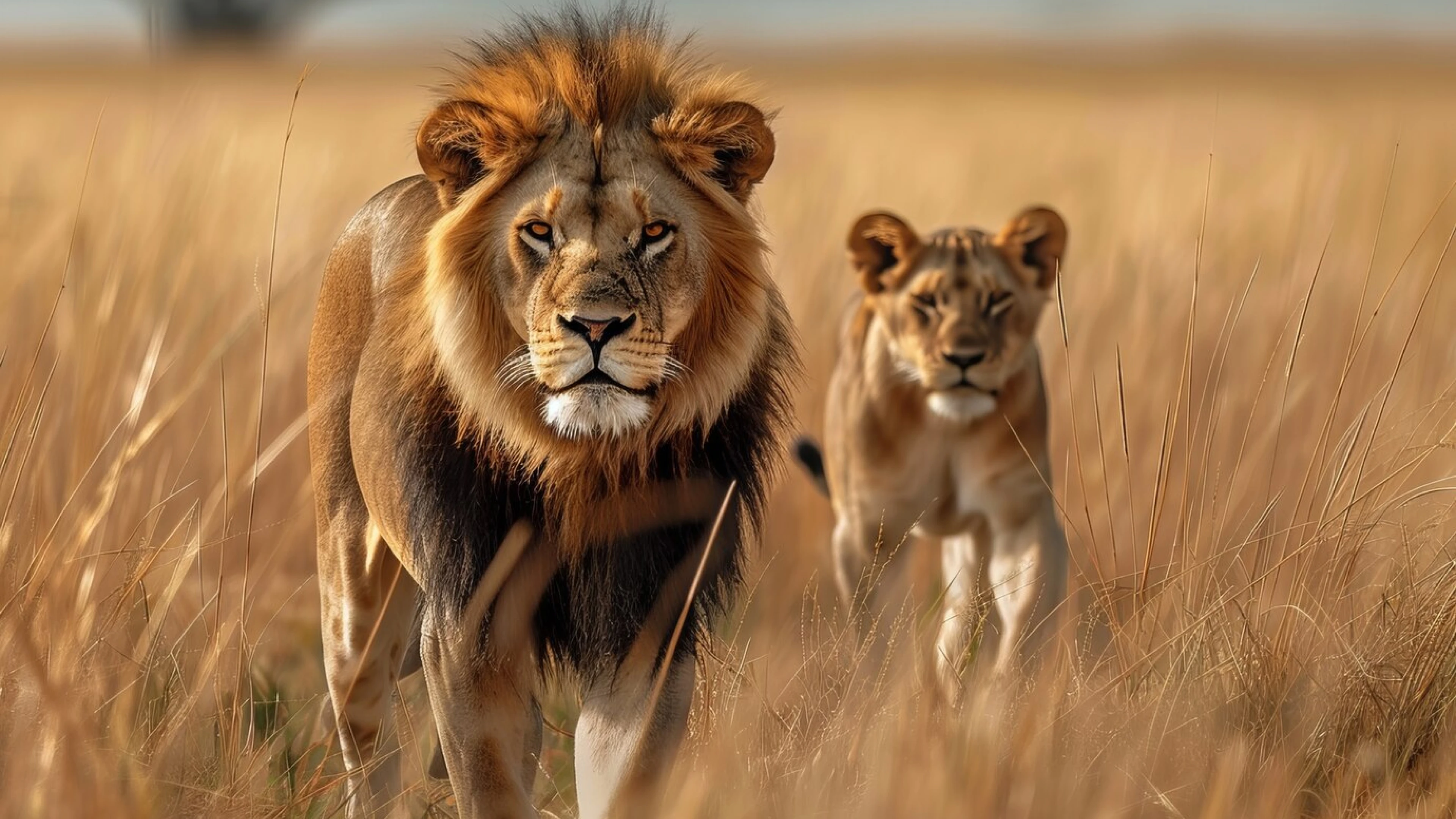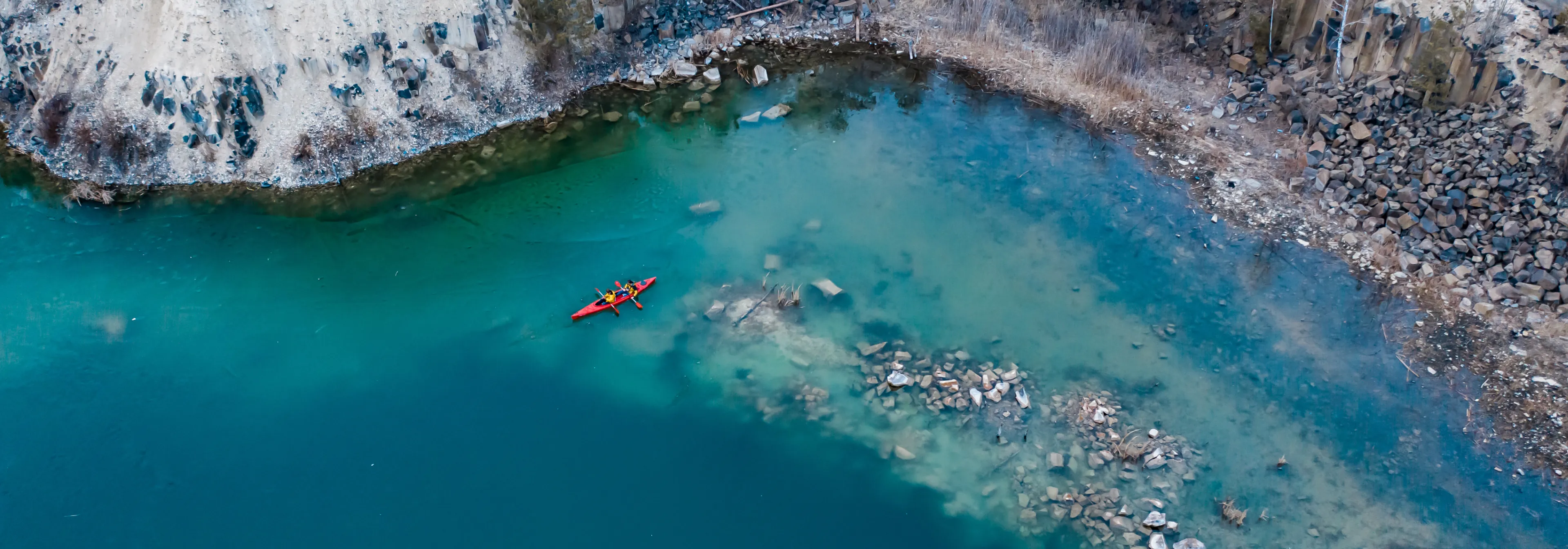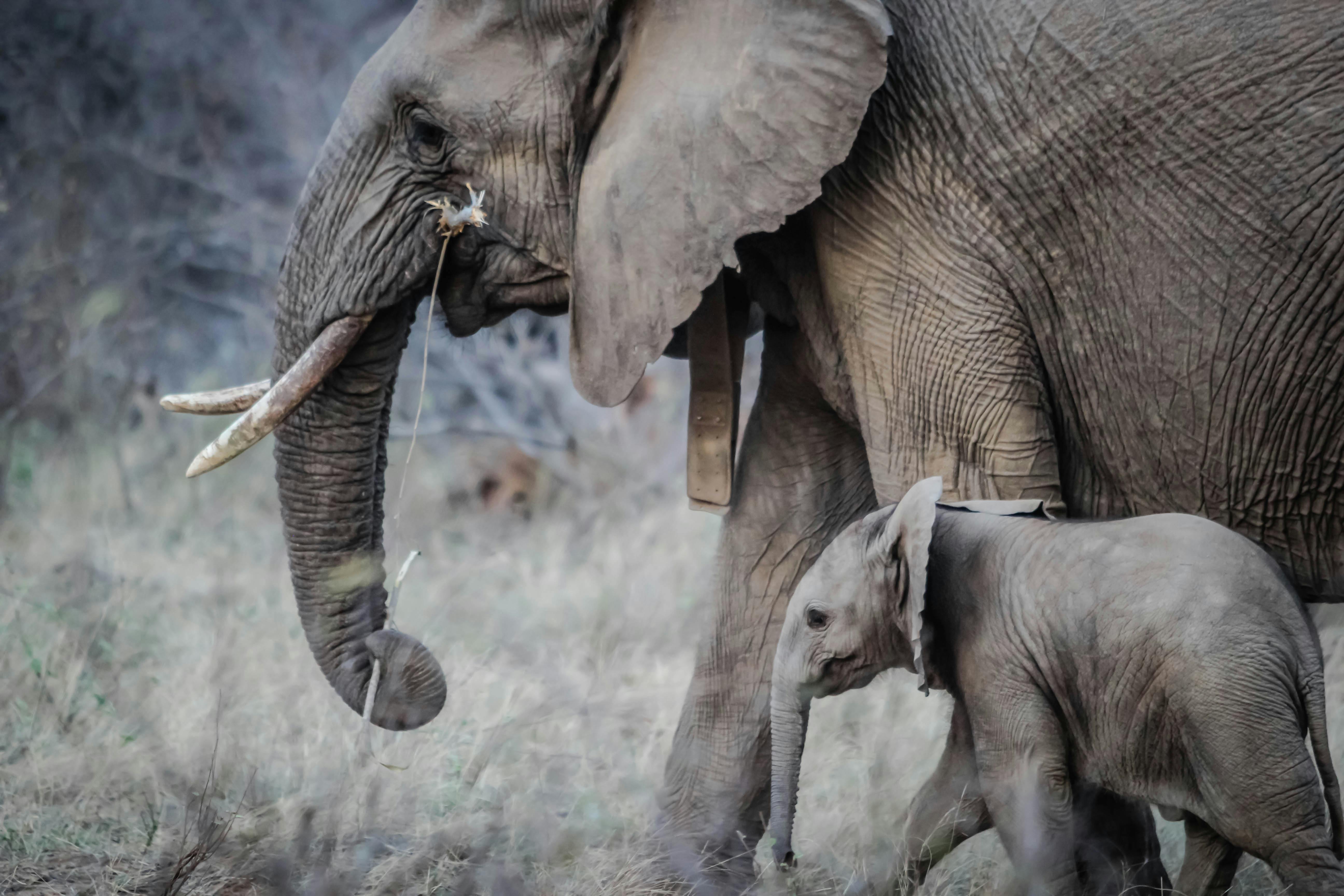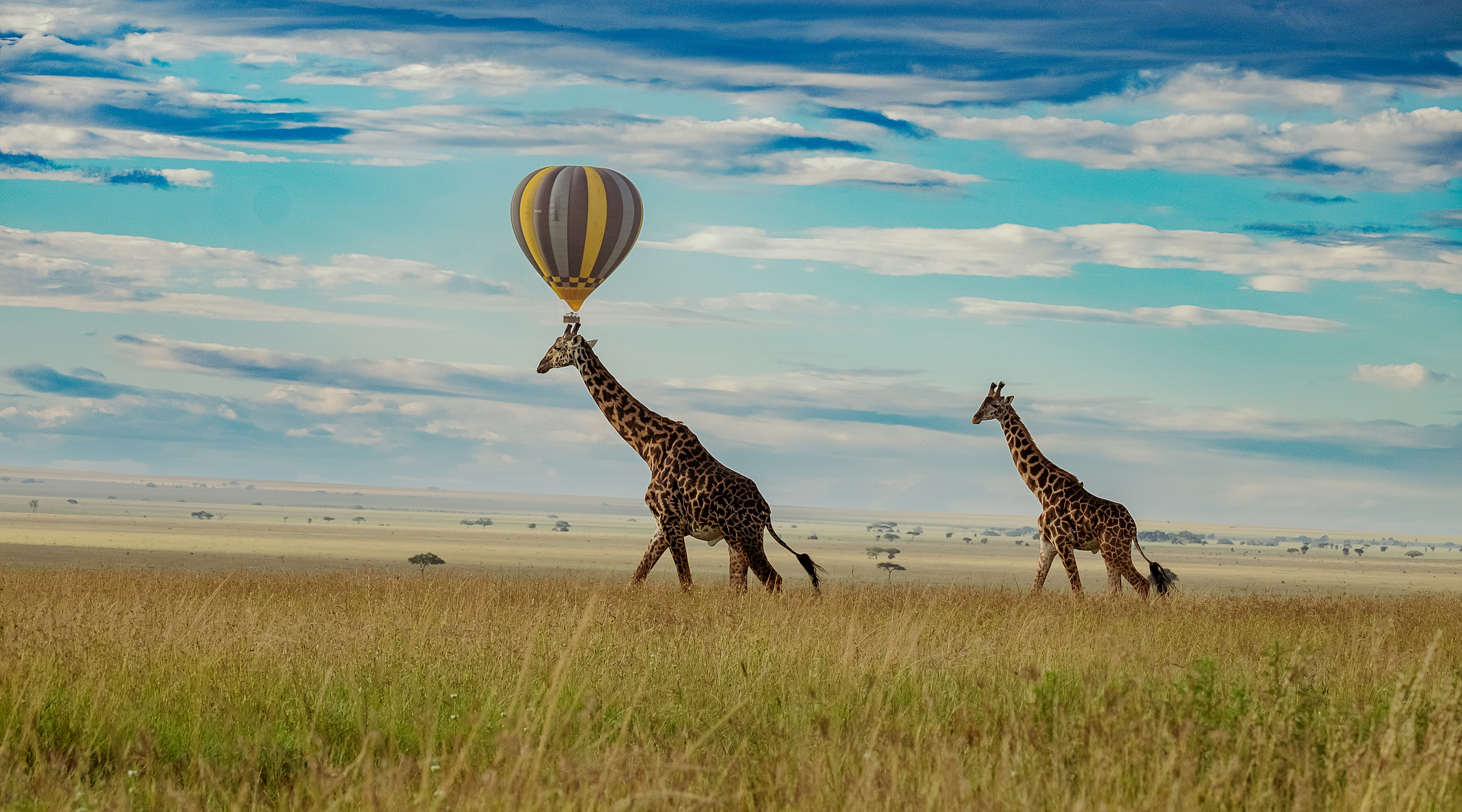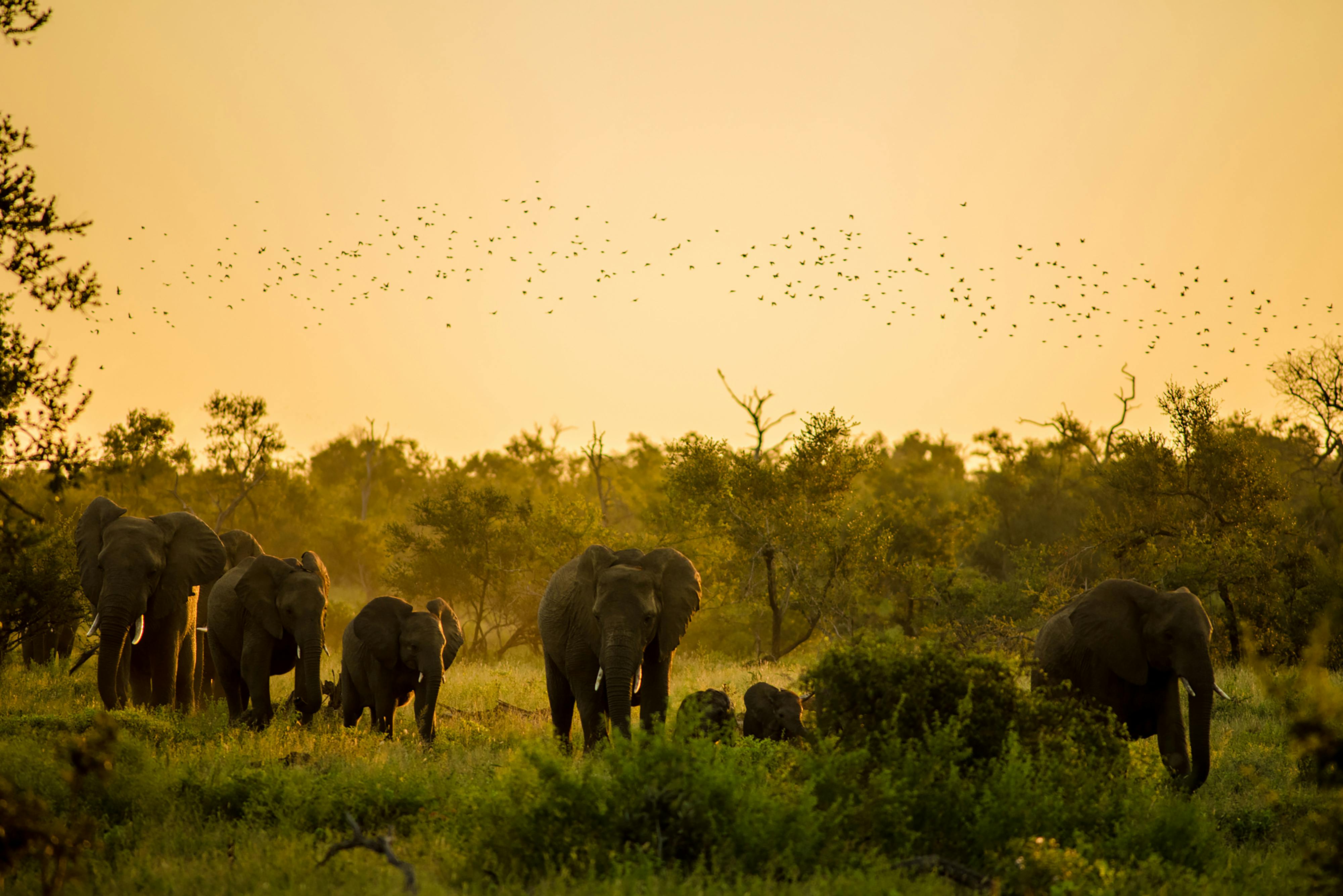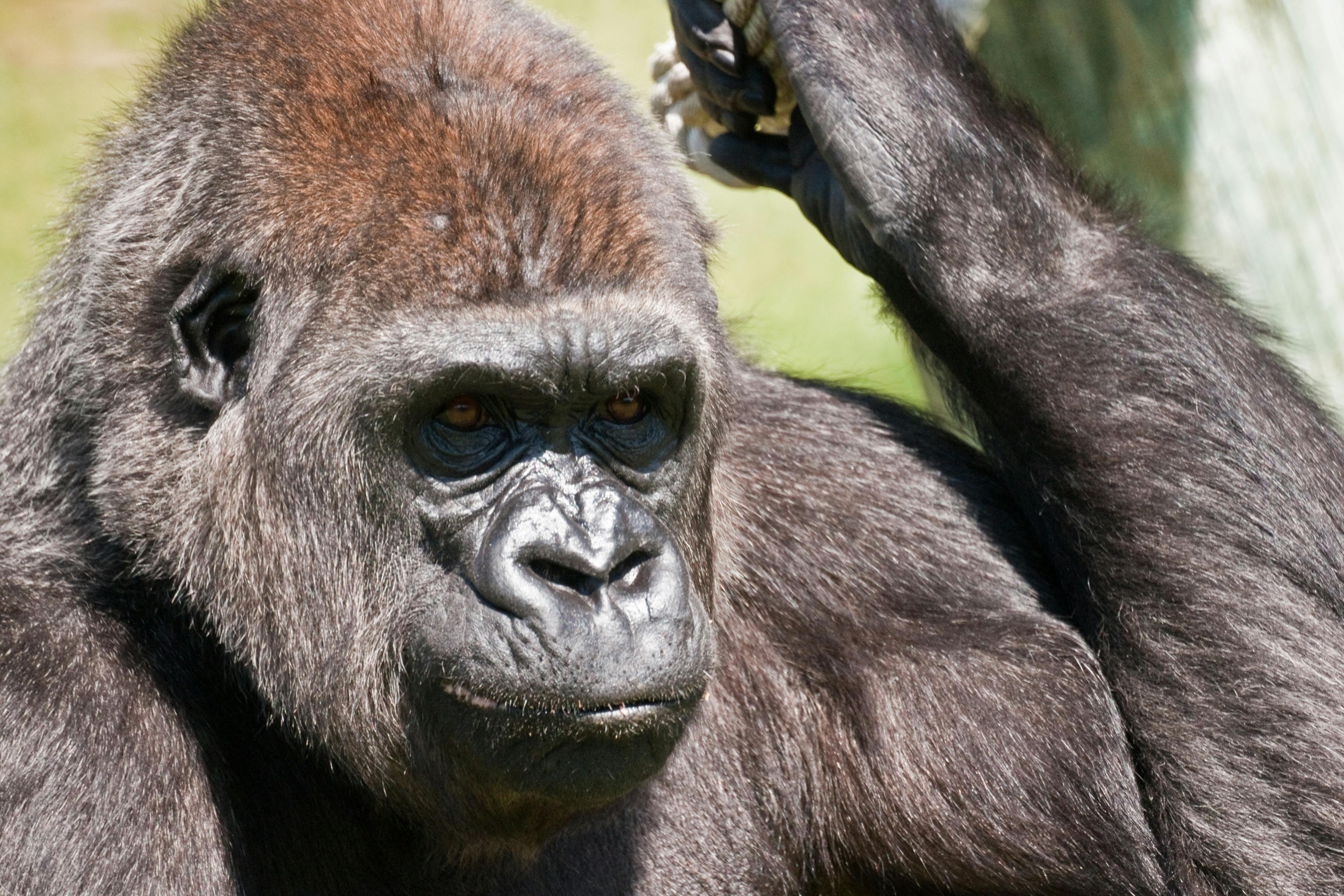Planning Your First Safari in Kenya: A Comprehensive Guide
Best Time to Visit
Kenya's climate is generally favorable year-round, but the dry seasons are particularly ideal for safaris. The period from late June to October is especially popular, coinciding with the Great Migration in the Maasai Mara, where over a million wildebeest and zebras traverse the plains in search of fresh pasture. This spectacle, coupled with the presence of the "Big Five"—lion, elephant, buffalo, leopard, and rhinoceros—makes it a prime time for safari enthusiasts.

Selecting Safari Destinations
Kenya boasts a diverse array of national parks and reserves, each offering unique experiences:
• Maasai Mara National Reserve: Renowned for the Great Migration and abundant wildlife, it's a must-visit for first-timers.
• Amboseli National Park: Famous for its large elephant herds and stunning views of Mount Kilimanjaro.
• Tsavo East and West National Parks: Known for their vast landscapes and red elephants, offering a more secluded experience.
• Lake Nakuru National Park: Home to flamingos and a sanctuary for both black and white rhinos.
• Samburu National Reserve: Offers a chance to see unique species like the Grevy's zebra and Somali ostrich.
Each park provides distinct wildlife and landscapes, so consider your interests when choosing destinations.
Accommodation Options
Kenya offers a range of accommodations to suit different preferences and budgets:
• Luxury Lodges and Camps: Provide high-end amenities and personalized services.
• Mid-Range Lodges: Offer comfortable stays with essential amenities.
• Budget Camps: Ideal for travelers seeking a more rustic experience. Booking accommodations in advance is recommended, especially during peak seasons.
Transportation and Logistics
Nairobi, Kenya's capital, serves as the primary entry point, with Jomo Kenyatta International Airport being the main hub. From Nairobi, you can access various parks by road or domestic flights. While road trips offer scenic views, flights save time, especially when visiting distant parks like the Maasai Mara or Samburu.
Health and Safety Considerations
Before traveling, consult your healthcare provider about necessary vaccinations, such as yellow fever, and consider malaria prophylaxis. It's also advisable to have comprehensive travel insurance. While Kenya is generally safe for tourists, always stay informed about local advisories and follow guidelines provided by your tour operator.
Cultural Etiquette
Kenya is home to diverse cultures and traditions. Engage respectfully with local communities, and always follow your guide's instructions during wildlife encounters to ensure safety and support conservation efforts.
Packing Essentials
Pack lightweight, neutral-colored clothing to blend with the environment and avoid attracting insects. Include layers for varying temperatures, a wide-brimmed hat, sunscreen, insect repellent, and comfortable footwear. Remember that some domestic flights have strict luggage weight limits, so pack accordingly.
Final Thoughts
Planning a safari in Kenya requires careful consideration, but the rewards are unparalleled. By following this guide, you'll be well-prepared to embark on a journey that offers unforgettable memories and a deep appreciation for the natural world.
For personalized safari packages and expert guidance, feel free to contact our team. We're here to make your dream safari a reality.

